Mozambique: Cashew exports yielded a record US$98.2 million in 2024
Mozambican farmers bemoan German Agrarian Action exit
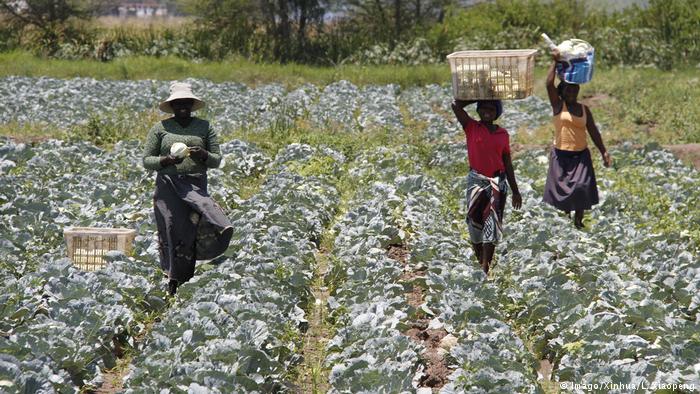
German Agrarian Action, present in Mozambique for 40 years, is to withdraw from Zambezia, leaving families that benefited from their assistance there worried about the end of the German project cycle.
According to Ema Reis, head of the German Agrarian Action (Acção Agrária Alemã – AAA) in Zambézia, the organisation is to leave Mozambique, where it has been present for 40 years. In the Zambezia cities of Quelimane and Nicoadala alone, 1,500 families were covered by the organisation’s projects. In Namacurra, Mopeia and Luabo, in the extreme south of the province, AAA has developed projects in the areas of agriculture, livestock, commerce and savings.

AAA regional director Ema Reis however leaves with a sense of fulfilment . Reis is optimistic on behalf of beneficiary groups, saying that they set off with a good knowledge base acquired through the projects.
“The whole process of knowledge transfer and technology has also fostered the link with the market,” she says. “Many agricultural fairs have been promoted in recent years to show producers that we have to produce not only to eat but also to sell. Not only as a means of subsistence, but looking at agriculture as a way of life.”
The importance of learning
The beneficiary families say the project has significantly improved their diet. In addition to vegetables and goat meat, they have learned to produce other varieties of food, farmer Regina Chá-Verde says. “With German Agrarian Action we learned how to prepare soya porridge and how to graze livestock.”

Regina Chá-Verde told DW Africa that she now has shovels, spades and watering cans. “Before, we did not have that.”
Anabela Raimundo is also worried about the AAA’s departure. She says that she is already missing the AAA, and that she hopes the Mozambican government can help her to continue learning. “They taught us a lot we did not know. We will work with the utensils they left behind, and with what they taught us about horticulture and raising ducks and goats.”
Search for new partnerships
AAA director Reis has tried to reassure people. “We are in the process of contacting other NGOs that may be interested to follow up on the work that has been done, so that the groups are not left entirely on their own.”
Reis enumerates the main challenges she had over the last three drought-stricken years.
“Agriculture has been severely affected, reducing nutrition,” she says, but the AAA emphasis on livestock managed to minimise the negative impact of the drought on the local economy. And she points to other advances and innovations like soya beans and soy milk.
“The same goes for orange pulp sweet potatoes. For many families it was new crop. But now they know how to grow it, All of which helps families improve their lifestyle.”
According to Reis, the AAA has helped reduce the rate of malnutrition in beneficiary families by 80 percent by teaching them how to produce, process and consume new foodstuffs.


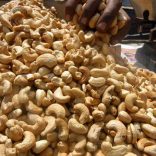
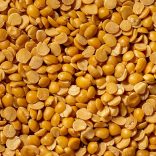

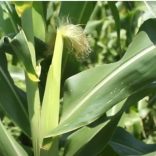
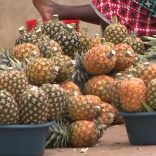






Leave a Reply
Be the First to Comment!
You must be logged in to post a comment.
You must be logged in to post a comment.